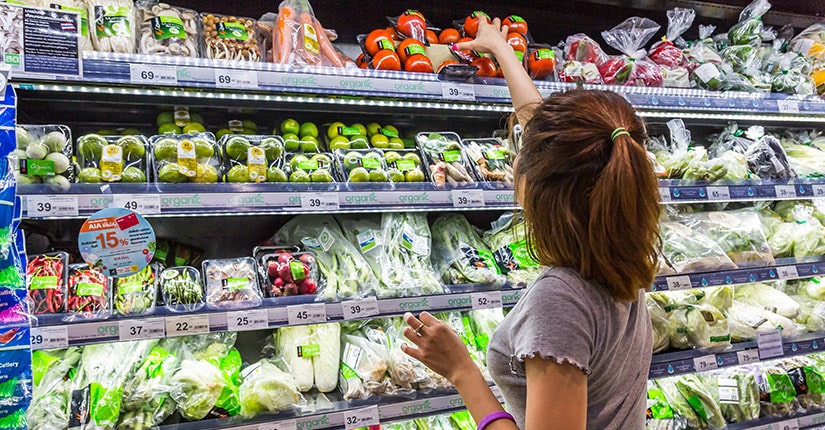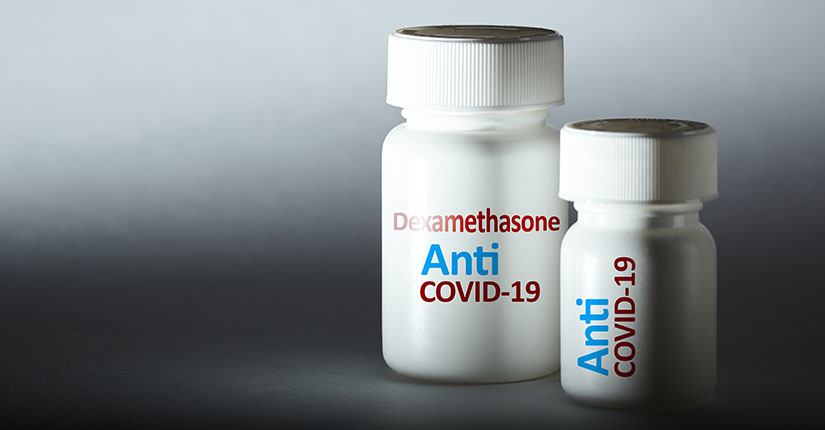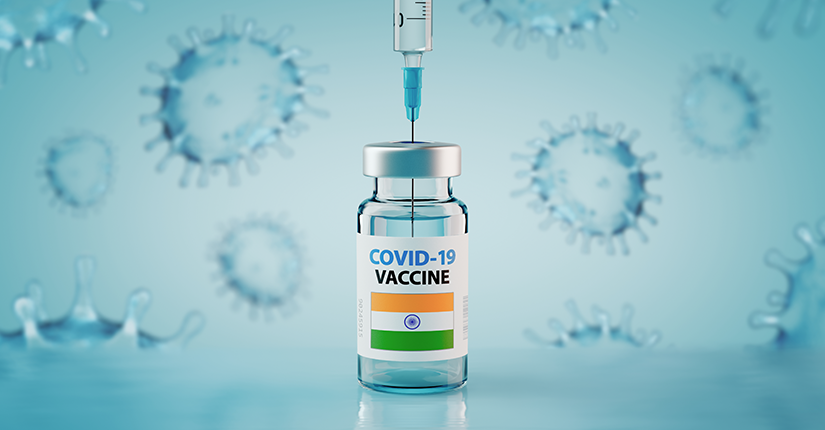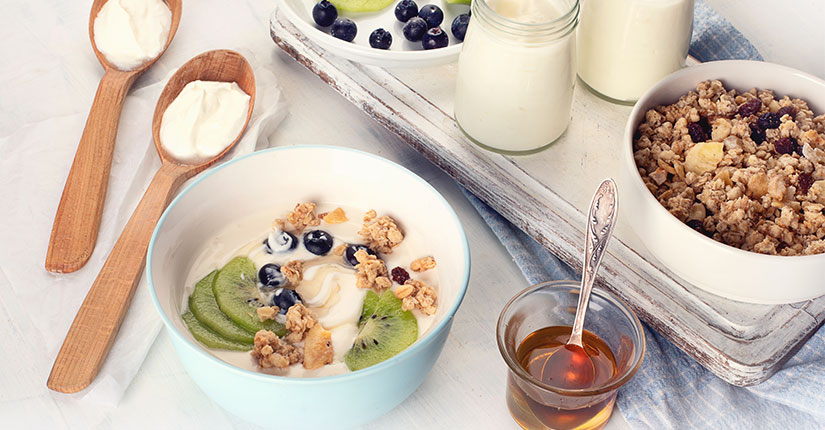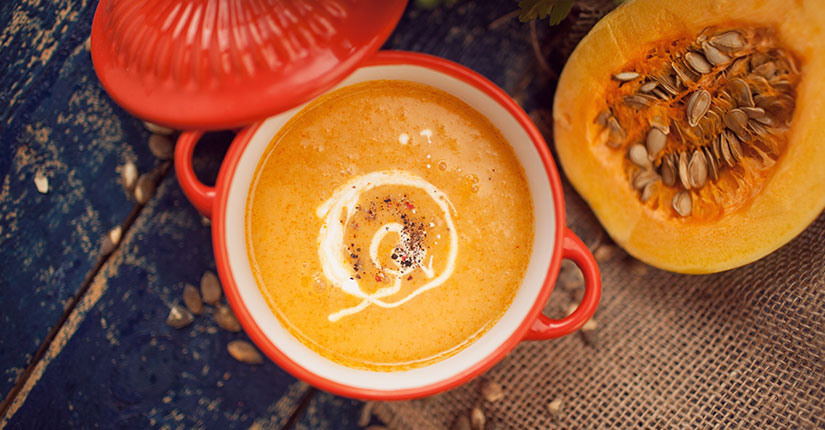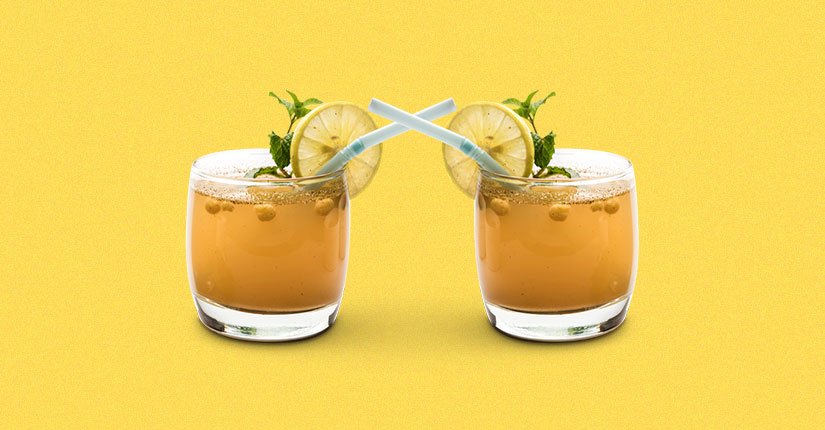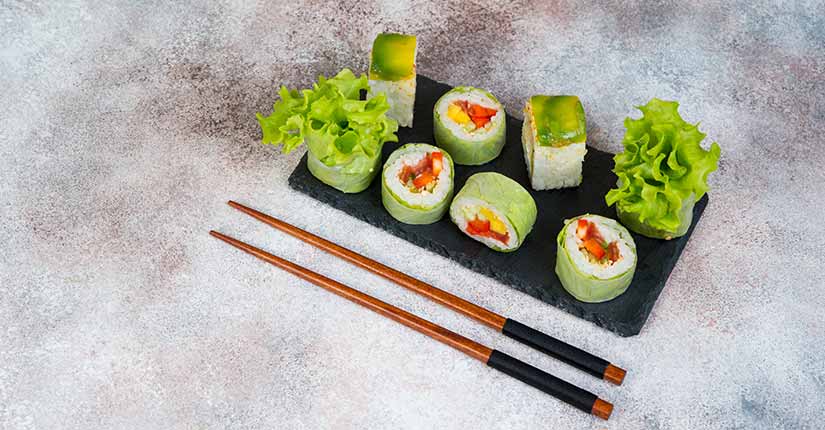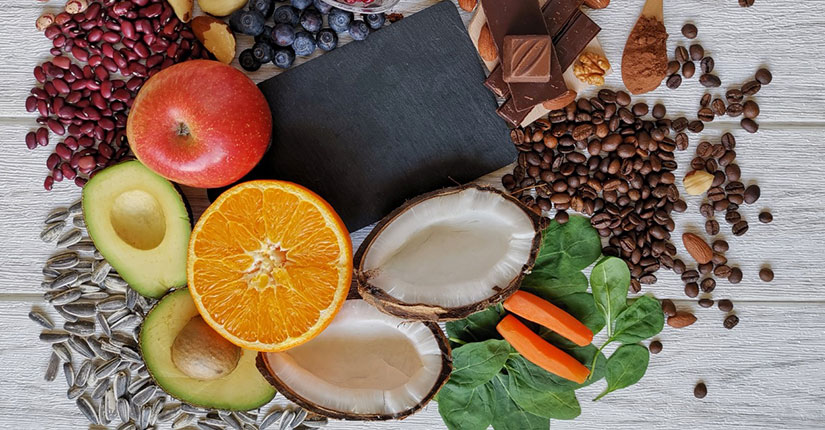Biodegradable Water Bottle: Latest Trend to Watch out
By: Admin Date: 15-Aug 2021 Reading Time: 4 Mins
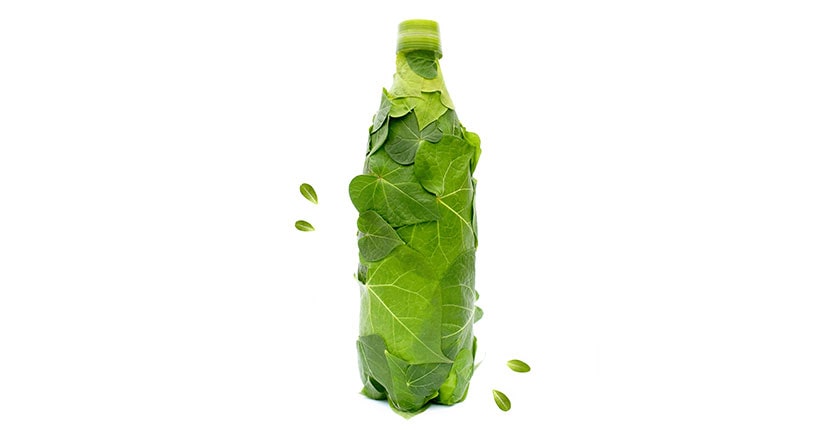
The habit of using plastic for years could only get fader in 2019 with the ban of single use plastic. While plastic bottles are a huge part of plastic, their disposal is still an issue. Whether we use it for once or twice or more than that, the fact that plastic bottles are non-biodegradable, non-decomposable and non-recyclable is true and hence is a curse for our environment.
Plastic water bottles can take between 400 and 1,000 years to decompose or break down. However, it takes three times the amount of water to produce a plastic bottle than it does to fill one. Approximately, eight million tonnes of plastic ends up in our oceans each year.
Wouldn’t our earth thank us if these bottles were made of a material that decomposed on its own so that it would simply disappear, and didn’t take years or decades? Maybe there are many people and institutes working over it to give us the right solution.
Here are a few to name:
- Biodegradable bottles made from algae: A powdered form of agar and a substance made from red algae, with water is combined to fashion a new biodegradable bottle. When water is added to agar powder, a jelly-like material can then be shaped into a bottle with a mould while being cooled into a solid in a refrigerator. As long as it is filled with water, the bottle keeps its shape; as soon as it’s empty, however, it will begin to decompose on its own or the substance can be reheated into a jelly and turned into a brand-new bottle.
- Another biodegradable bottle made by Durham University’s Chemistry graduate features a steel cap which rusts down into iron oxide, a naturally occurring mineral. Outer casing, i.e. the outer part of the bottle is made from 100% recycled paper while inside lining is made from 100% natural materials, which are not harmful for marine and soil environments.
- Bio-plastic bottles: These bottles are made from polyhydroxyalkanoate (PHA), Food and Drug Administration approved biopolymer that’s 100% compostable and breaks down into CO2, water and organic waste when dumped to municipal landfill or added in the garden compost bin. This is a 100-percent plant-based bottle that is free from toxins and carbon neutral, compared to popular plastic bottles containing petroleum. The best part is that they are reusable, recyclable and compostable in 80 days.
Over to you
Swap the plastic bottles with biodegradable ones to add extra years to our planet’s life. This will not only save earth and reduce the environmental pollution created by humans but will also save resources which are utilised to recycle these products.
